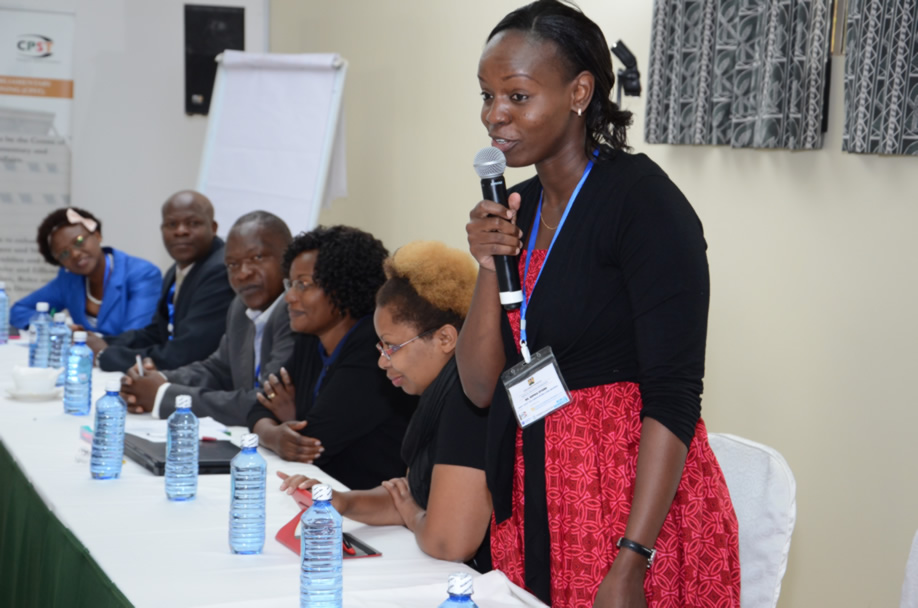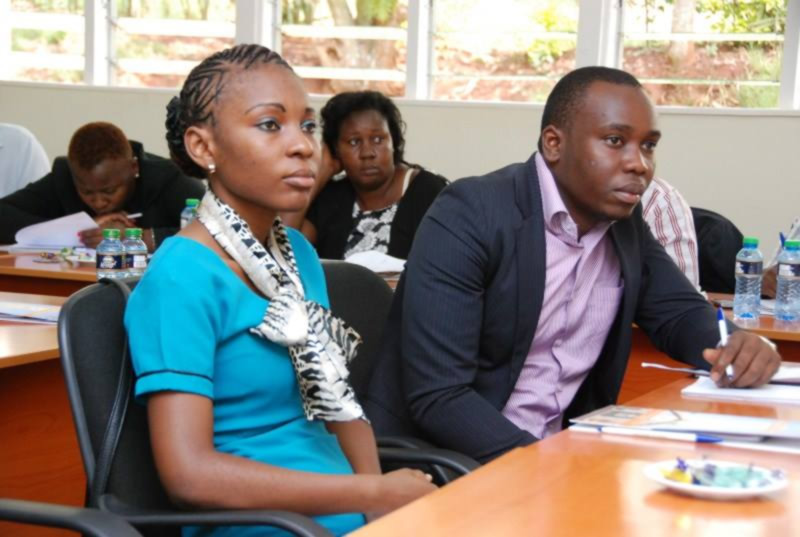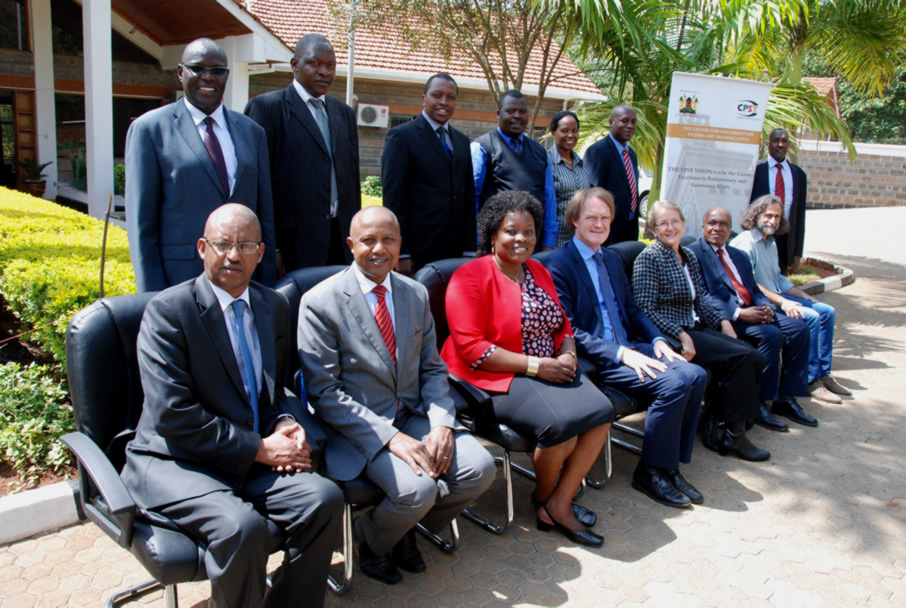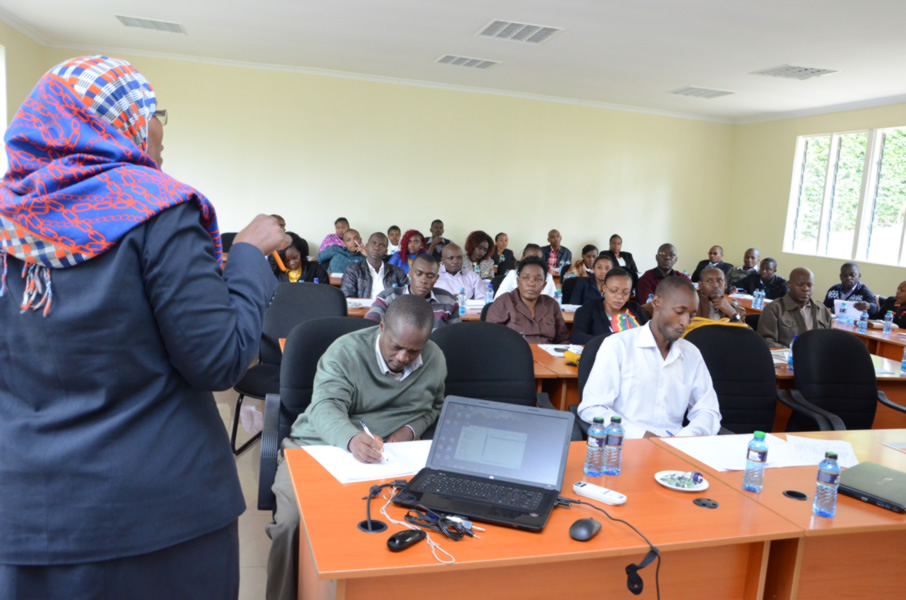Manual Highlights
Acknowledgements
This manual on law making and procedural matters has been prepared with the support and generous contribution of many individuals and organisations. We immensely appreciate the generous financial support of the Ford Foundation; State University of New York (SUNY) Kenya; Westminster Foundation for Democracy (WFD) and UN Women. The involvement of these organisations is a clear demonstration of their strong commitment to capacity building for the legislatures in Kenya and the region. My sincere appreciation goes to the Resident Representatives of these organisations Mr Maurice MakOloo, Mr Francis Aywa, Ms Hope Muli and Mrs Zabib Kavuma respectively.
About this Manual
This manual introduces new methods and approaches of training legislative members and staff. Its unique structure, which is based on Kenya’s Constitution 2010, makes it broad and comprehensive enough to prepare trainers to effectively navigate in the areas of law making and procedural matters. The manual provides an array of pedagogical skills that an individual facilitator can choose from. The manual also reflects a revised version of the CPST curriculum that has mainstreamed issues of gender, people living with disabilities and those from marginalised communities and minorities. The aim of mainstreaming these issues in the manual is to ensure that all trainers include these issues in content and delivery.
CPST 106:
-
The Law Making Process:
DetailsCourse Duration: 22 HoursIt first explains the legislative mandate of State before introducing the institutions involved in the law making process.
This session serves as an introduction to the entire module on the law making mandate and institutions.
CPST 116:
-
Legislative Constitutional Offices :
DetailsDuration: 14 HoursOur Constitution envisages the offices of Speaker, Deputy Speaker (for National Assembly, Senate and County Assemblies); Clerk (for both National Assembly and Senate); and Leader of Majority and Leader of Minority for the National Assembly. In addition to these, the Standing Orders for Senate and County Assemblies have introduced the offices of Leader of Majority and Leader of Minority. Although not mentioned in the Constitution we also discuss the office of Clerk of County Assembly. In this session, we discuss these offices, and their roles in the legislative process.
The Legislature plays a central role in the democratic process. It acts as a link between the citizen and the policy making systems in the process upholding people’s sovereignty. In contemporary societies, it has become difficult to fathom a society without some form of legislature. Because of the significance of the legislative institutions in our democracy, it is useful to learn the offices that are responsible for their running.
CPST 105:
-
Legislative Committees:
DetailsDuration: 8 HoursThis module provides insights into the committee system. It first supplies a historical context to the committee system before discussing the constitutional basis for legislative committees in Kenya. Finally, the module ventures to discuss the types and mandates of committees in the National Assembly and Senate.
The Constitution of Kenya vests the legislative authority to Parliament at the national level as follows:The legislative authority of the Republic is derived from the people and, at the national level, is vested in and exercised by Parliament - The Constitution of Kenya, Article 94. (1). At the same time, the constitution vests executive power to the executive as follows: Executive authority derives from the people of Kenya and shall be exercised in accordance with this Constitution – The Constitution of Kenya, Article 129 (1). In the County, this authority is vested in both the County Assembly and County Executive Committee respectively. In parliamentary parlance, the forum for a full hearing entailing adducing and rebuttal of evidence, examination and cross examination of witnesses is the Committee of the House. The Standing Orders, recognising that the plenary is unsuitable for a detailed examination of important matters, has made provision for committees to precede plenary consideration of such matters.
CPST 118:
-
Legislative Drafting:
DetailsDuration: 14 HoursLegislation should stand the test of challenge in the court room as well as adverse criticism by legal theorists and other scholars. The proposed laws ought to execute government policies in a manner that would be acceptable to the affected institutions. The sponsor of a Bill is also required to keep abreast with political, economic and social events of the country as a whole as these give background to the intended legislation. It is incumbent upon a drafter to conduct wide research of the law as well as the factual position on the ground. In this module, we discuss the process of legislative drafting, how to get started, how to conduct research, the guiding principles to keep in mind, and the format of a Bill.
Drafting legislation entails much more than a procedural exercise. Legal principles form the foundations of any law, policy and regulation and give the intended effect to the specific legislation, ensuring that it is clear, comprehensible and workable. A sponsor of a Bill must always bear in mind that the ultimate goal of drafting is public interest. Thus, legislation must accord with the provisions of the Constitution and the general guidelines of drafting. It must be practicable, unambiguous and effective.
CPST 104:
-
Legislative Procedures and Practices:
DetailsDuration: 14 HoursIt highlights Standing Orders, the legislative oversight function and other important legislative procedures and practices. Finally, it caps how order is maintained in the House.
This module delves into important items in parliamentary procedures and practices.
-
CPST stands for?
Centre for Parliamentary Studies and Training
















